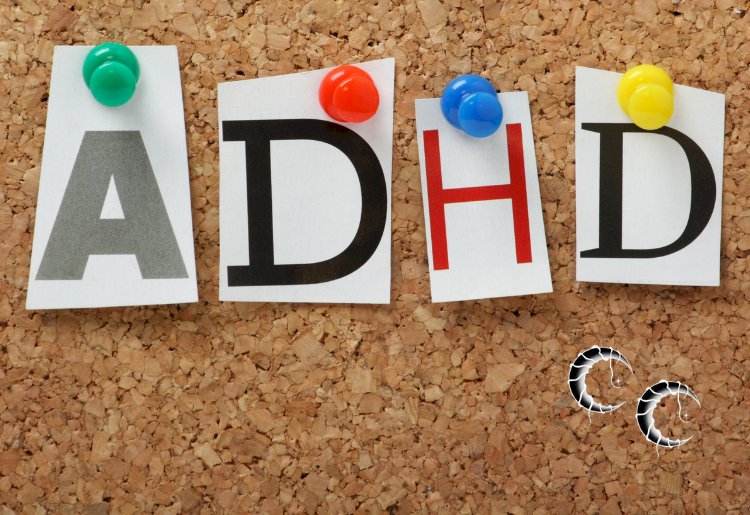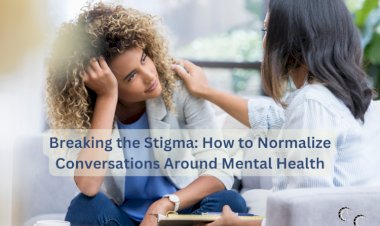Breaking the Silence: The Impact of ADHD Stigma on Seeking Care

In the realm of mental health, few conditions are as misunderstood and stigmatized as Attention Deficit Hyperactivity Disorder (ADHD). Despite affecting millions of individuals worldwide, the misconceptions surrounding ADHD continue to perpetuate stigma, hindering those in need from seeking the care and support they deserve.
As a 30-year-old blogger intimately familiar with both personal and professional aspects of mental health, I have witnessed firsthand the detrimental effects of ADHD stigma on individuals striving to navigate their daily lives while grappling with this neurodevelopmental disorder.
At its core, ADHD is not simply about being easily distracted or hyperactive; it encompasses a complex interplay of cognitive, emotional, and behavioral challenges. However, societal perceptions often reduce it to mere stereotypes, branding individuals with ADHD as lazy, unmotivated, or simply lacking discipline.
The repercussions of such stigma are far-reaching, particularly in the realm of seeking care. Many individuals with ADHD face internalized shame and fear of judgment, which can lead to reluctance in reaching out for help. This hesitance is exacerbated by the pervasive belief that ADHD is overdiagnosed or even fabricated—an attitude that undermines the legitimacy of those genuinely struggling with the condition.
Moreover, the stigma surrounding ADHD extends beyond societal attitudes to permeate institutional structures. Educational institutions and workplaces may lack the necessary accommodations and support systems, further alienating individuals with ADHD and perpetuating feelings of inadequacy and failure.
For adults with undiagnosed or untreated ADHD, the impact can be profound. Struggling to maintain focus, organize tasks, and regulate emotions, they may find themselves caught in a cycle of underachievement and frustration. Yet, the fear of being dismissed or ridiculed often prevents them from seeking the validation and assistance they desperately need.
Even for those who do muster the courage to seek care, the journey is often fraught with obstacles. The scarcity of mental health professionals adequately trained in diagnosing and treating ADHD, coupled with the financial barriers to accessing specialized care, can leave many individuals feeling overwhelmed and disheartened.
As a society, it is imperative that we dismantle the stigma surrounding ADHD and cultivate an environment of understanding, empathy, and support. This begins with education—dispelling myths and misconceptions about ADHD and fostering awareness of its nuanced manifestations.
Furthermore, we must advocate for the integration of ADHD-informed practices in various settings, including education, employment, and healthcare. By implementing accommodations such as flexible work schedules, organizational aids, and therapy tailored to the unique needs of individuals with ADHD, we can empower them to thrive rather than merely survive.
Crucially, we must amplify the voices of those with lived experience of ADHD, providing platforms for them to share their stories, challenges, and triumphs. Through advocacy and solidarity, we can combat the isolation and marginalization that often accompany ADHD stigma, fostering a sense of community and belonging for all affected individuals.
In conclusion, the stigma surrounding ADHD poses a significant barrier to care, perpetuating shame, silence, and systemic neglect. As advocates, allies, and individuals, we must collectively challenge these misconceptions, cultivate empathy and understanding, and champion inclusive practices that honor the diverse experiences and strengths of those living with ADHD. Only then can we create a world where seeking care for ADHD is met with compassion, validation, and genuine support.






























